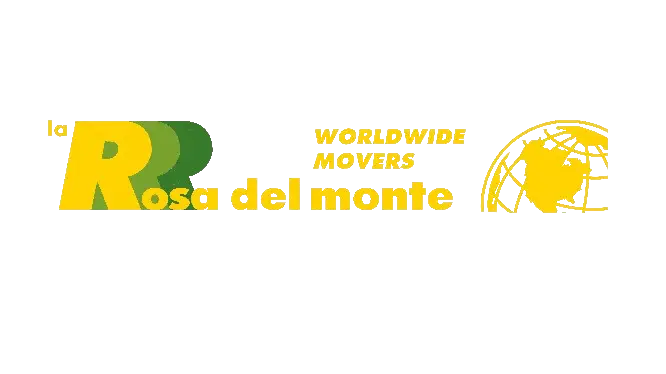Financial & Business
Residing Abroad: Financial & Business
INTERNATIONAL
U.S. Taxes
U.S. citizens must report their worldwide income on their Federal income tax returns. Living or earning income outside the United States does not relieve a U.S. citizen of responsibility for filing tax returns. However, U.S. citizens living and/or working abroad may be entitled to various deductions, exclusions, and credits under U.S. tax laws, as well as under international tax treaties and conventions between the United States and a number of foreign countries. Consult the Internal Revenue Service (IRS) for further information.
For information on taxes and locations of IRS offices overseas, contact any office of the IRS or write to the Forms Distribution Center, Post Office Box 25866, Richmond, Virginia 23289. That office also has copies of Publication 54, Tax Guide for U.S. Citizens and Resident Aliens Abroad; Publication 901, U.S. Tax Treaties; Publication 514, Foreign Tax Credit for Individuals and Publication 520, Scholarships and Fellowships. The IRS has also put together a package of forms and instructions (Publication 776) for U.S. citizens living abroad. The package is also available through to the Forms Distribution Center. During the filing period, you can usually obtain the necessary Federal income tax forms from the nearest U.S. embassy or consulate.
If you have access to a personal computer and a modem, you can get forms and publications electronically from the IRS. The forms and publications are available through IRIS, the Internal Revenue Information Services on FedWorld, a government bulletin board. On the Internet, you can telnet to fedworld.gov. or for file transfer protocol services, connect to ftp.fedworld.gov. If you are using the Internet’s World Wide Web, connect to http://www.ustreas.gov.
Foreign Country Taxes
If you earn any income while you are overseas, you may be required to pay tax on that income. You should check the rules and regulations with that country’s embassy or consulate before you leave the United States, or consult the nearest U.S. embassy or consulate abroad.
Bank Accounts
Some countries will permit you to maintain a local bank account denominated in dollars or in another foreign currency of your choice. This may be a good idea if the U.S. dollar is strong and the local currency in the country you reside in is weak. If that country does not permit you to maintain U.S. dollar bank accounts, another idea would be to keep your dollars in a bank in the United States. That way you could convert them to the local currency as you need them rather than all at once. This would protect you in the event that the country you are living in devalues its currency.
Wills
To avoid the risk of running afoul of foreign laws, if you own property or other assets both in the United States and overseas, consider the idea of having two wills drawn up. One should be prepared according to the legal system of your adopted country, and the other according to the legal system of the U.S. Each will should mention the other.
Having two wills should ensure that your foreign property is disposed of in accordance with your wishes in the event of your death.
Property Investment
A major decision that you will have to face when you live abroad is whether or not to purchase a home or property. Because prices in many foreign countries may seem like a bargain compared to the United States, there may be some merit to investing in real estate. However, you will need to keep several things in mind. First, check to see whether the country where you plan to invest permits foreigners to own property. Many foreign countries do not permit foreigners without immigrant status to buy real estate. Also, there may be restrictions on areas in which you may buy property and on the total number of foreigners who may purchase property in any one year.
One way for a foreigner to purchase real estate overseas may be to set up a bank trust and then lease the property. For your protection, you should first consult with a local real estate agent and then hire a reputable attorney. Check with the U.S. embassy or consulate in the country where you plan to purchase property to obtain a list of lawyers. A good lawyer will provide you with information about having your real estate contract notarized, registered, and if necessary, translated. Your attorney should also be able to advise you on protection against unscrupulous land deals.
Before you make a real estate purchase, learn the customs and laws of the foreign government with regard to real estate. In the event of a dispute, you will have to abide by local and not U.S. laws. A good rule to follow is that before you invest in any real estate take the same precautions which you normally would take before you make a sizeable investment in the United States.
